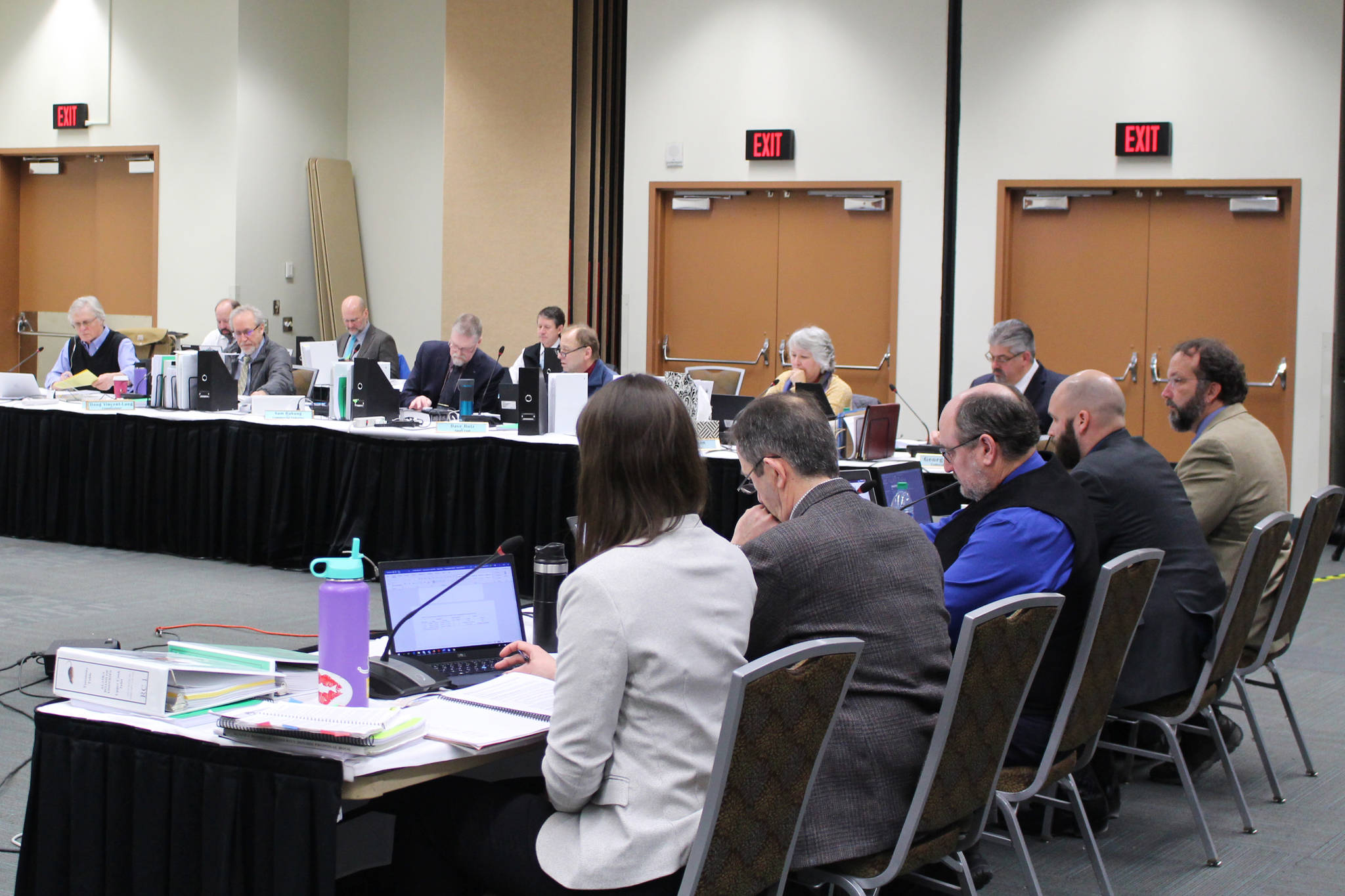The Alaska Board of Fisheries is entertaining a dangerous set of precedents this week in Anchorage. One of the nearly 200 proposals before them prioritizes personal use and sport fisheries for Cook Inlet salmon.
While on its face this may seem like an orderly fix for this highly populated region, its impacts will extend far beyond the railbelt.
As a lifelong Alaskan and commercial fisherman from Bristol Bay now living in Homer, I am appalled by the messaging that we, your neighbors and friends, are an enemy. And that we, vital contributors to both coastal and statewide economies, should be regulated out of our livelihoods and communities.
The Board, and through them we as Alaskans, choose our future at this meeting. We choose whether we value Alaska’s coastal communities and economies. We choose the opportunities our rising generation of commercial fishermen statewide will have to continue their heritage and way of life feeding their neighbors and families.
The consideration for these social, cultural, and economic risks is already in the Board’s Policy for the Management of Sustainable Salmon Fisheries (5 AAC 39.222):
“(5) in the face of uncertainty, salmon stocks, fisheries, artificial propagation, and essential habitats shall be managed conservatively as follows:
(A) a precautionary approach, involving the application of prudent foresight that takes into account the uncertainties in salmon fisheries and habitat management, the biological, social, cultural, and economic risks, and the need to take action with incomplete knowledge, should be applied to the regulation and control of harvest and other human-induced sources of salmon mortality; a precautionary approach requires
(i) consideration of the needs of future generations and avoidance of potentially irreversible changes;”
My friends fishing commercially in Cook Inlet broke even the last two years if they were lucky. Further restrictions resulting from a prioritization of personal and sport fisheries dooms small, family businesses in communities all around the inlet. And once these powerful political interests have succeeded here, they will move their efforts to other rivers until the rich heritage of small-boat fisheries in our state from Seldovia to my hometown of Dillingham, and from Sitka to Nome are lost. This would be irreversible change.
I implore the Board to take meaningful action now to equitably manage Cook Inlet between all three user groups without establishing a priority among them, and to not allow growing pains in the Kenai to establish a precedent that will be felt across our state for generations.
Jamie O’Connor is a fifth-generation Bristol Bay salmon fisherman from Dillingham, now living in Homer.
• Jamie O’Connor is a fifth-generation Bristol Bay salmon fisherman from Dillingham, now living in Homer.

